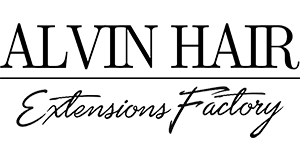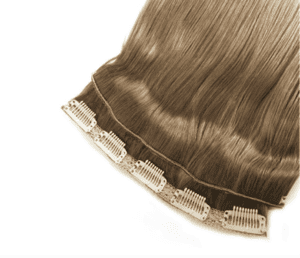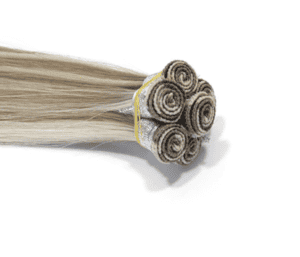
In the hair extension industry, ethics and transparency are of utmost importance.
As businesses strive to provide high-quality products that meet customer demands, they must also take into account how their actions impact not only their customers but also those who work in the factories producing these items.
From factory workers’ wages and working conditions to the environmental impact of production methods, ethical considerations should be at the forefront of any business decision.
By ensuring that all parties involved in producing hair extensions understand their rights and responsibilities, companies can guarantee fair trade for everyone involved while promoting safe practices within the industry.
This article will discuss why it is important for hair extension businesses to prioritize ethics and transparency when dealing with suppliers, manufacturers, salon owners, stylists, and online retailers.
What is the Role of Ethics and Transparency in Hair Extension Businesses?

Defining Ethics and Transparency in Human Hair Extensions Factories
Ethics is about making sure everyone involved in the hair extension industry is treated fairly.
This means that companies need to think about how their decisions will affect their customers, the people who work in the factories, and even the environment.
Companies should make sure everyone knows their rights and responsibilities so that no one gets treated unfairly and production is done safely.
Transparency is a key component of establishing trust and ethical behavior in the natural hair extensions industry.
Transparency entails being open and honest about how products are created, sourced, tested, and distributed.
The hair extension industry requires a consistent commitment to ethical standards and transparency to ensure fair trade for all involved.
Companies must adhere to certain practices if they are to protect their customers, employees, and the environment.
For example, when buying remy hair, you have to understand if the manufacturer ethically sourced hair extensions.
Ethical hair extension businesses follow protocols and ensure that they are real human hair extensions.
They should also use transparent business practices, such as providing accurate product information and testing their products for quality control.
Ethical Considerations in Hair Extensions Factories
A. Sourcing and Production of Human Hair and Synthetic hair extensions
When sourcing human hair extensions, it is important to consider the source of the materials. Companies sourcing hair also should make sure that they are sourcing responsibly and ethically produced hair.
Most human hair extensions are remy hair extensions as this is one of the most highly regarded types of hair extensions in the industry. Remy hair must be sourced ethically and these hair extensions come from a single donor.
This involves researching suppliers and ensuring that they are providing fair compensation, a living wage for workers, and safe working conditions. It also means ensuring that the hair is sourced is not from a child labor or animal cruelty source.
Companies should also be aware of the environmental impact of their production processes.
The use of synthetic hair extensions has become increasingly popular due to their ease of production and cost-effectiveness, but it is important to note that these materials are not biodegradable or recyclable, so companies need to consider sustainable practices when using these materials.
As businesses in the hair extension industry look to create high-quality products that meet customer demands, they must also take into account how their actions impact not only their customers but also those who work in the factories producing these items.
From factory workers’ wages and working conditions to the environmental impact of production methods, ethical considerations should be at the forefront of any business decision.
By ensuring that all parties involved in producing and selling hair extensions in the hair industry understand their rights and responsibilities, companies can guarantee fair trade for everyone involved while promoting safe practices within the industry.
B. Quality Assurance and Product Safety

It is important for hair extension factories to have rules that keep their products safe. They need to make sure the hair they use is from a good source and that workers are paid fairly.
The factories also need to follow rules so that the environment isn’t hurt when making the extensions. Quality control measures help make sure everything is done right.
Product safety is of paramount importance when it comes to hair extension factories. Companies should ensure that products meet the necessary safety standards and certifications, such as CE Marking and ISO 9001:2015 Quality Management System Certification.
CE Marking indicates that a product has been tested and meets all relevant European Union safety standards, while ISO 9001:2015 certification establishes an effective Quality Management System (QMS) for the factory and its products.
These measures go a long way in ensuring that customers are receiving quality extensions that meet all relevant safety standards.
C. Supply Chain Transparency
Transparency in the supply chain is essential for the ethical production of hair extensions.
Business owners should strive to have complete visibility of their supply chains, including being aware of who and where their suppliers are, what materials they use, and how the hair extensions are made.
In addition, companies need to make sure that all stages of production are done ethically. This means ensuring that workers’ rights are respected and that they are paid fair wages, the environment is not harmed, and no child labor or animal cruelty is involved in the production process.
Finally, companies need to make sure their supply chains are transparent throughout the entire process. This means providing detailed information about where the hair comes from, who supplies it, and where it is produced.
Doing so helps to ensure that customers have full confidence in the ethical production of their extensions.
By understanding and adhering to these principles, companies in the hair extension industry can guarantee transparency and ethics throughout their supply chain. In doing so, customers can be sure that their extensions are produced in an ethical and sustainable manner.
Building Trust and Customer Confidence
A. Open Communication and Customer Engagement
Clear and honest communication with customers is essential for building trust and customer confidence in the hair extension industry.
Companies should be upfront with their customers about the source of their hair, which materials they use, how the extensions are made, and who is producing them.
This information should be easily accessible to customers so that they can make an informed decision about which hair extensions to purchase.
Open communication also allows companies to engage with their customers and develop relationships based on trust. Companies should make sure that they are available for any questions or concerns that customers may have about their products.
B. Brand Reputation and Ethics
Having a good brand reputation is important for hair extension businesses. It means that the company follows good ethical practices like making sure workers are paid fairly, not hurting the environment, and not allowing any child labor or animal cruelty.
Customers should be able to trust that the extensions they used the money to buy were made in a responsible way.
Having an ethical production process helps build customer confidence and ensures the long-term success of a business.
Businesses should strive for transparency in their supply chains and be open with customers about how their extensions are made.
Supporting Hair Businesses, Salon Owners, and Online Retailers

A. Education and Awareness
Industry associations and organizations play a major role in the ethical issues and promoting ethics and transparency in the hair extension industry.
These organizations provide resources and support to businesses, salon owners, hair stylists, online retailers, and other stakeholders so that they can ensure their products are ethically sourced and produced.
These organizations work to educate the public on ethical practices and what to look for when purchasing hair extensions. They provide valuable information on how to spot unethical suppliers, which materials are safe to use, and the key certifications that should be present in factories.
In addition, these organizations often develop guidelines and best practices for companies in the industry so that they can adhere to high ethical standards throughout their supply chains.
B. Collaboration and Partnerships
Collaborating with ethical and transparent hair extension factories has many benefits for hair businesses, salon owners, and online retailers. These include:
- Increased customer confidence in the product, as customers can be assured that their extensions were ethically sourced and produced.
- A more trustworthy brand reputation reflects positively on the company’s overall image.
- Improved customer service as customers are more likely to trust the company and return for more purchases.
By working in partnership with ethical and transparent factories, companies can ensure that their supply chain is meeting the highest standards of ethics and sustainability.
Conclusion
The hair extension industry has a responsibility to adhere to ethical and transparent practices.
Businesses should be open with their customers about the source of their hair, which materials they use, how the extensions are made, and who is producing them.
It is also important to collaborate with ethical and transparent factories that follow good industry standards and adhere to sustainability practices.
By doing so, companies can create a better brand reputation and ensure the long-term success of their business. They can also provide customers with quality products that were ethically sourced and produced, giving them greater confidence in their purchase.
Ultimately, ethics and transparency play an important role in building trust between businesses and customers, allowing for better relationships to form that is based on mutual respect.
By following these practices, businesses can ensure that their supply chain is ethical and sustainable. They can also support hair businesses, salon owners, and online retailers in meeting the highest standards of ethics and transparency.








